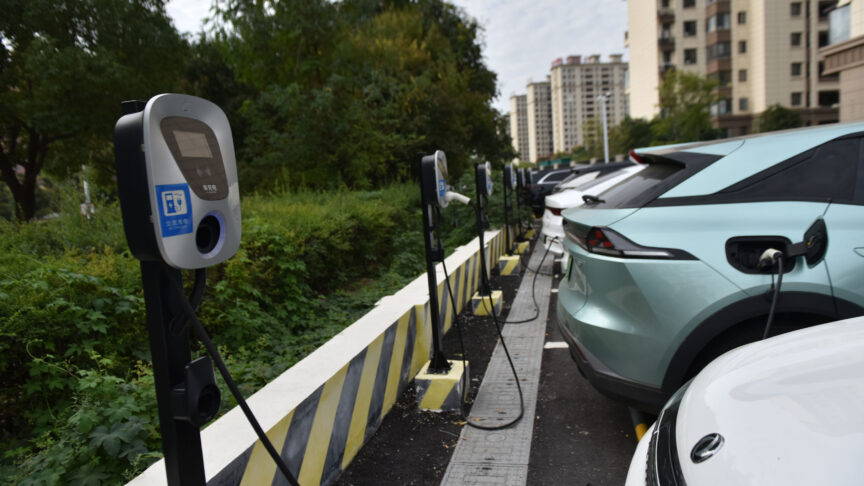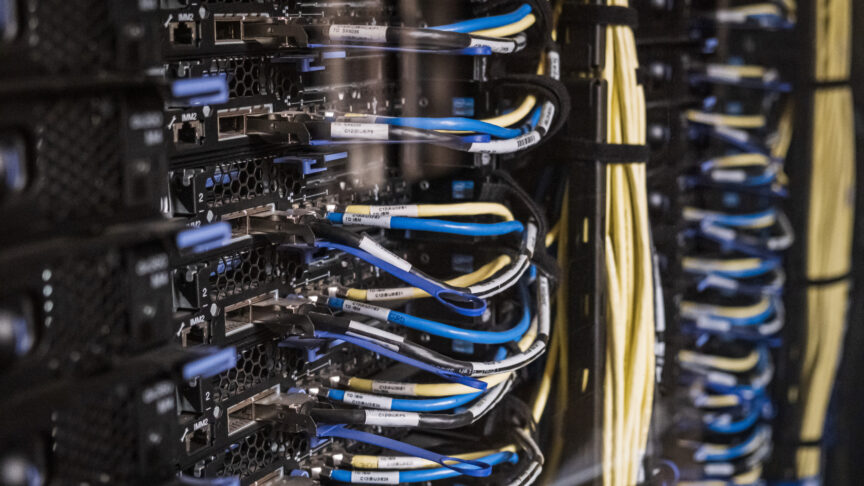The next globalisation
There is growing support for the idea that the world is experiencing not ‘deglobalisation’ but rather ‘re-globalisation’, owing to accelerating changes in energy and technology. Nonetheless, the differences between the next wave of globalisation and the last one will far outweigh the similarities
Is globalisation coming back to life? That was the big question at the World Economic Forum’s annual meeting in Davos, where WEF founder Klaus Schwab asked whether it is possible to have cooperation in an era of fragmentation.
For the past decade, the steady demise of ‘Davos Man’ – the avatar of global business and cosmopolitanism – was the big story here, owing to the 2008 financial crisis, Brexit, Donald Trump’s election, democratic backsliding around the world, covid-19, and Russia’s war in Ukraine. All were seen as signs that globalisation had gone too far and would be thrown into reverse.
But the mood at this year’s meeting was slightly more optimistic. Despite much concern about conflict and economic strife, the world seems to be doing a little better than global elites expected when they last met in May. The Ukrainians are valiantly resisting the Russian invaders, the West is united, Europe has managed to keep the lights on this winter, and some think we might still avoid a recession.
Moreover, beneath these important short-term developments is a more profound shift toward a new form of globalisation, albeit one that will be quite different from what preceded it. While the globalisation of goods seems to have peaked, services are becoming ever more globalised, owing to the revolution in telework during the pandemic.
There is also an accelerating revolution in energy, driven partly by the war in Ukraine. European Commission president, Ursula von der Leyen, and Germany’s chancellor, Olaf Scholz, predict that the widespread adoption of renewables and hydrogen power will be as significant as the industrial revolution of the 19th century. At the same time, advances in artificial intelligence (AI) are opening vast new possibilities, while also creating tensions over microchips and renewed fears about joblessness and rogue robots.
The re-globalisation glimpsed in Davos will be fundamentally different from previous iterations
Developments in all three areas – telework, renewables, and AI – will bind countries together in new networks of interdependence. As a recent McKinsey Global Institute report shows, “no region is close to being self-sufficient.”
But the re-globalisation glimpsed in Davos will be fundamentally different from previous iterations. First, while the old model was about corporate profits, the new one is about national security in all its dimensions. Western countries have portrayed the war in Ukraine as a defence of the liberal, rules-based order against unilateral aggression by Russia (and, by extension, China). They are therefore busy decoupling from Russia and rethinking their economic ties with China. In Davos, Canada’s finance minister, Chrystia Freeland, was just one of many policymakers who stressed the need for ‘friend-shoring’.
But to many outside the West, Europe and America are just as guilty of disrupting the global order as Russia and China are – and with enormous consequences for their own security and prosperity. The way they see it, the West made a decision to turn the war into an economic conflict (through the most ambitious and far-reaching sanctions package in history) with devastating consequences for billions of people.
Back in Davos’s halcyon days, the dollar-based financial system was seen as a global public good that would spread prosperity to every corner of the world. But now it is increasingly seen as a cudgel with which America can enforce its ideological and strategic preferences. The sanctions on Russia follow the same pattern of Western policies used to prosecute the ‘war on terror’ and the fight against nuclear proliferation in Iran and North Korea.
As the French bank BNP Paribas learned in 2014, when it was fined more than $8 billion for violating US sanctions, such policies have become a global dragnet whose effectiveness relies on the outright politicisation of global systems that were previously considered neutral (in principle if not in fact).
Now that the genie has been let out of the bottle, others are also politicising the global framework of rules and norms. The European Union, for example, is considering a new carbon tariff on imports, and it has already taken measures to prevent data on its citizens from being stored beyond its borders.
The United States, for its part, has only doubled down, such as by imposing sweeping bans on the sale of strategically important technologies to China. The result is not simply a balkanisation of knowledge. All countries are now going to greater lengths to guard against the risks of interdependence.
Another trend that will differentiate the next age of globalisation may prove even more consequential. Whereas Britain and the US were, respectively, at the centre of the first two waves of globalisation, this new one will be multipolar and thus multi-ideological. China has not only closed the economic gap with America, but has surpassed it as the biggest trading partner to most countries in the world. That implies a major shift in the balance of economic power.
This new dynamic suggests that the world will be divided not only by nationalism but by fundamentally different ideas about order. Davos attendees got a flawless illustration of this when Ukraine’s president, Volodymyr Zelensky, beamed in to deliver a speech calling on the world to rally against Russia’s unprovoked war. While half the audience cheered enthusiastically, the other half appeared unmoved. Even if many sympathise with the Ukrainians, they fear that the conflict is being used to precipitate a cold war 2.0 that will divide the world into democracies and autocracies.
That is the last thing most political leaders want. In private discussions, African, Middle Eastern, and Latin American leaders complain that their countries already suffered a loss of sovereignty and control during the first cold war. For them, there is little to be gained from having to pick sides yet again.
Even the United States’ allies are against having to choose. I spoke to a Japanese tycoon who is very worried about China’s current foreign policy but also vehemently opposed to decoupling. And in his own speech to the conference, Scholz declared that the world of 2045 would not be bipolar but multipolar.
Ultimately, Schwab may be right to hope for cooperation in our time of fragmentation. But we must bear in mind how the next globalisation will differ fundamentally from the last one.
This article was first published on Project Syndicate.
The European Council on Foreign Relations does not take collective positions. ECFR publications only represent the views of their individual authors.



